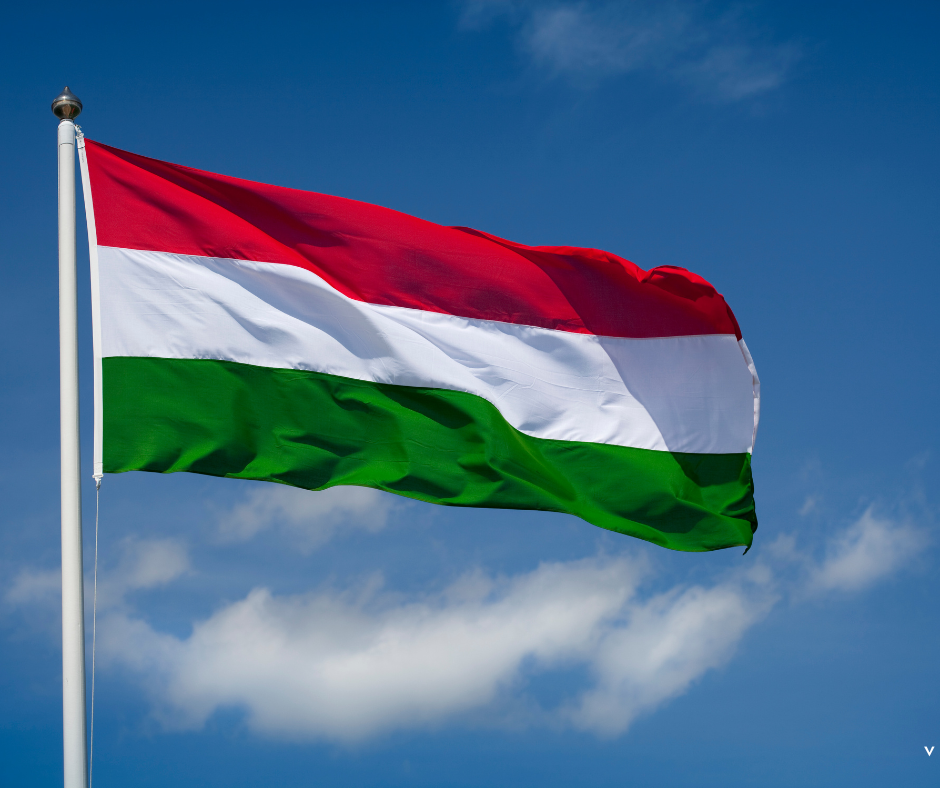Experts say the proposed law would have a chilling effect on freedom of expression and the media, stifling criticism ahead of the 2026 general election.
The leader of Hungary’s main opposition party on Wednesday accused the government of “crossing a line” after it tabled a draft bill the previous evening to strip NGOs and independent media outlets of foreign funding, including EU grants, which would have a chilling effect on free speech and stifle criticism ahead of the 2026 general election.
“The government crossed another line last night, copying its master, [Russian President] Vladimir Putin,” said Peter Magyar, leader of the Tisza party. “They are not doing this by accident. They are terrified, they see that Tisza is leading not only by five per cent [in the polls], but by much more. If the elections were held today, Tisza would win with a two-thirds majority.”
The draft law can still be amended during the subsequent parliamentary debate, but it is expected to sail through unchanged given the governing coalition’s two-thirds super-majority in parliament.
This measure is being viewed by many observers and government critics as another step towards turning the country into a Russian-style autocracy. In 2012, Russia adopted a foreign agents law that has been used repeatedly to crack down on independent civil society and opposition, closing organisations, and jailing dissenters. Over the past several years, there has been a proliferation of such laws in other countries, including Slovakia, Turkey, Georgia and the Republika Srpska entity in Bosnia.
Like many of these laws, the text of Hungary’s draft legislation claims that the country’s “sovereignty is under attack”. Under the new law, any organisation receiving foreign funding and being engaged in any “public activity that can influence a democratic debate” could be listed by the Sovereignty Protection Authority (SPA), a government-funded entity led by Tamas Lanczi, a loyal ally of the ruling Fidesz party and a former business partner of Prime Minister Viktor Orban’s spin doctor, Andras Habony, and Defence Minister Kristof Szalay-Bobrovniczky.
If an organisation is listed, its access to Hungarian funding would be restricted. The punishment for accepting foreign funding would be up to 25 times the amount received. All leaders of such organisations must submit detailed asset declarations and would be treated as public figures. The police would also be able to conduct searches of their offices and examine their computers, and at the last instance, such an organisation could be abolished.
Experts say the main targets of the law would be anti-corruption organisations and the independent media.
In a speech on March 15, Prime Minister Orban said his government would no longer tolerate the activities of critical civil society organisations or media outlets. His speech made headlines when he compared critics of the government to stinkbugs and promised a “spring clean-up”.
Anti-corruption campaigner Akos Hadhazy warned that Hungary is running out of time. “If anyone has ever thought that Fidesz is afraid to take certain actions, it is time to wake up. It will adopt everything from the Russian model that it feels it needs to do in order to stay in power,” he told Telex.hu, adding that banning the annual LGBTQ+ Pride parade is just the beginning.
The liberal Momentum party said it is time for Hungarian society to wake up or there will be no free election in 2026. Budapest Mayor Gergely Karacsony offered help to civil organisations to protect them from the government’s Putin-style revenge, but his office’s financial resources are limited.
The Orban government already in 2017 attempted to label NGOs receiving EU grants as foreign agents, but the Court of Justice of the European Union (ECJ) found that attempt incompatible with EU standards in 2020, which forced the government to revoke the law.
Experts predict this could be repeated, but the law would still have the effect of silencing critical voices up until the 2026 general election. This is expected to be hotly contested for the first time in over a decade because of the rise of the Tisza party of Magyar, who has just embarked on a 300-kilometre walk across the country in an effort to reunite the nation “step by step”.
Hungary’s Sovereignty Protection Law, which was passed in 2024 and established the SPA, has already been referred to the ECJ by the European Commission over its constitutionality, but a verdict on that could take years.
Source: BalkanInsight




